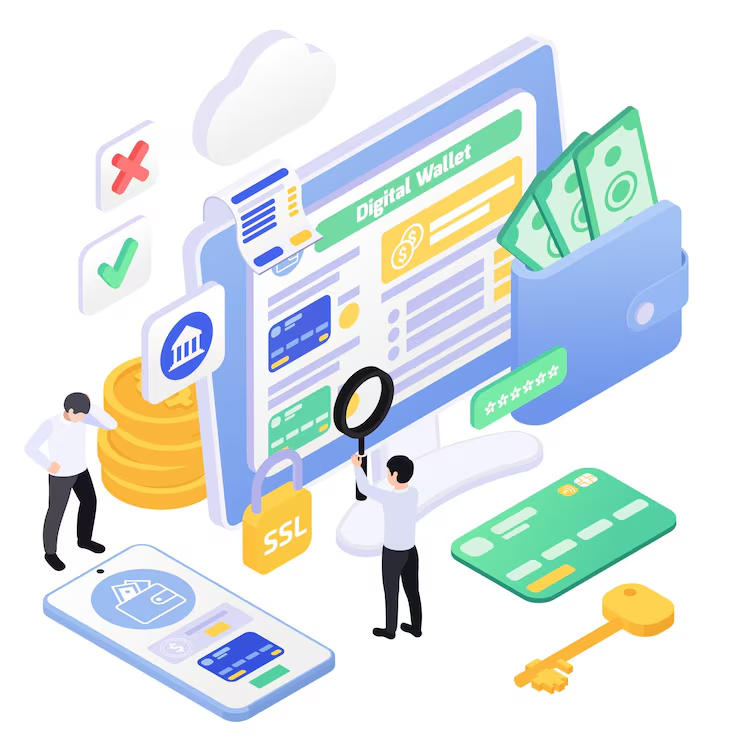
Ways to Start a Small Business in the Current Economy
Starting a small business in today's economy presents unique challenges and opportunities. By leveraging the right strategies, securing financing, and staying adaptable, you can successfully launch and grow your business. This comprehensive guide covers effective ways to start a small business in the current economy, including key strategies, financing options, and tips for success.
1. Identify Market Opportunities
Analyze Current Trends:
Stay informed about industry trends, consumer behavior, and market demands. Look for gaps in the market where your business can offer unique solutions.
Focus on Essential Services:
Businesses that provide essential services or products tend to perform well in any economy. Consider areas such as healthcare, home maintenance, and online education.
Explore Niche Markets:
Niche markets often have less competition and can offer more loyal customer bases. Identify a specific need or audience that is underserved and tailor your business to meet those needs.
2. Create a Solid Business Plan
Outline Your Business Model:
Clearly define your business model, including your value proposition, target market, and revenue streams.
Financial Projections:
Create detailed financial projections, including startup costs, operating expenses, and revenue forecasts. This helps in securing financing and managing cash flow.
Marketing Strategy:
Develop a comprehensive marketing strategy that includes online and offline tactics to reach your target audience effectively.
3. Leverage Digital Tools and Platforms
Build an Online Presence:
Establish a professional website and use social media platforms to reach and engage with your audience.
E-commerce Integration:
Consider integrating e-commerce capabilities to sell products or services online. Platforms like Shopify, WooCommerce, and BigCommerce make it easy to set up an online store.
Utilize Digital Marketing:
Leverage digital marketing techniques such as search engine optimization (SEO), email marketing, and pay-per-click (PPC) advertising to attract and retain customers.
4. Explore Flexible Financing Options
Personal Savings and Bootstrapping:
Start with your own savings to minimize debt and maintain control over your business.
Small Business Loans:
Consider applying for small business loans from banks, credit unions, or online lenders. Look into SBA loans for favorable terms and lower interest rates.
Crowdfunding:
Use crowdfunding platforms like Kickstarter, Indiegogo, and GoFundMe to raise capital from a large number of small investors.
Grants and Competitions:
Research available grants and business competitions that offer funding and support for small businesses.
5. Network and Build Relationships
Join Business Networks:
Join local and online business networks to connect with other entrepreneurs, potential customers, and mentors.
Attend Industry Events:
Participate in industry events, trade shows, and conferences to stay updated on trends and make valuable connections.
Collaborate with Other Businesses:
Form strategic partnerships with other businesses to expand your reach and resources.
6. Focus on Customer Experience
Provide Exceptional Service:
Ensure that every customer interaction is positive. Excellent customer service can lead to repeat business and referrals.
Collect and Act on Feedback:
Regularly seek feedback from customers and use it to improve your products, services, and overall customer experience.
Personalize Your Approach:
Use customer data to personalize marketing messages, offers, and communications.
7. Stay Adaptable and Resilient
Be Prepared to Pivot:
Stay flexible and be ready to pivot your business model or strategy based on market conditions and customer needs.
Monitor Financial Health:
Regularly review your financial statements and adjust your budget and expenses as needed to maintain financial stability.
Invest in Continuous Learning:
Stay informed about industry trends, new technologies, and best practices. Invest in your own education and that of your team.
8. Utilize Government and Community Resources
Small Business Development Centers (SBDCs):
Take advantage of free business counseling, training, and resources offered by SBDCs.
SCORE Mentoring:
Access free mentoring and resources from SCORE, a nonprofit organization supported by the SBA.
Local Economic Development Programs:
Research local economic development programs that offer support, grants, and resources for small businesses.
Conclusion
Starting a small business in the current economy requires careful planning, adaptability, and leveraging available resources. By identifying market opportunities, creating a solid business plan, utilizing digital tools, exploring flexible financing options, and focusing on customer experience, you can set your business up for success.
Ready to explore your funding options and secure the right financial solutions for your business? Get offers today! Fill out an application with Approvd and discover the best funding solutions for your business. For more business, credit, and financial insights, visit our Approvd blog page.
About the Author
With over 20 years of experience in the business loan marketplace at Approvd, our expert has helped countless small business owners navigate the complexities of securing the right funding. Passionate about empowering entrepreneurs, our expert combines industry knowledge with a deep understanding of the challenges faced by small businesses today.
You Might Also Like










.png)